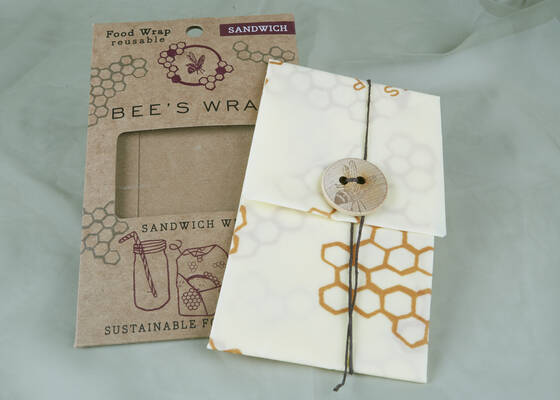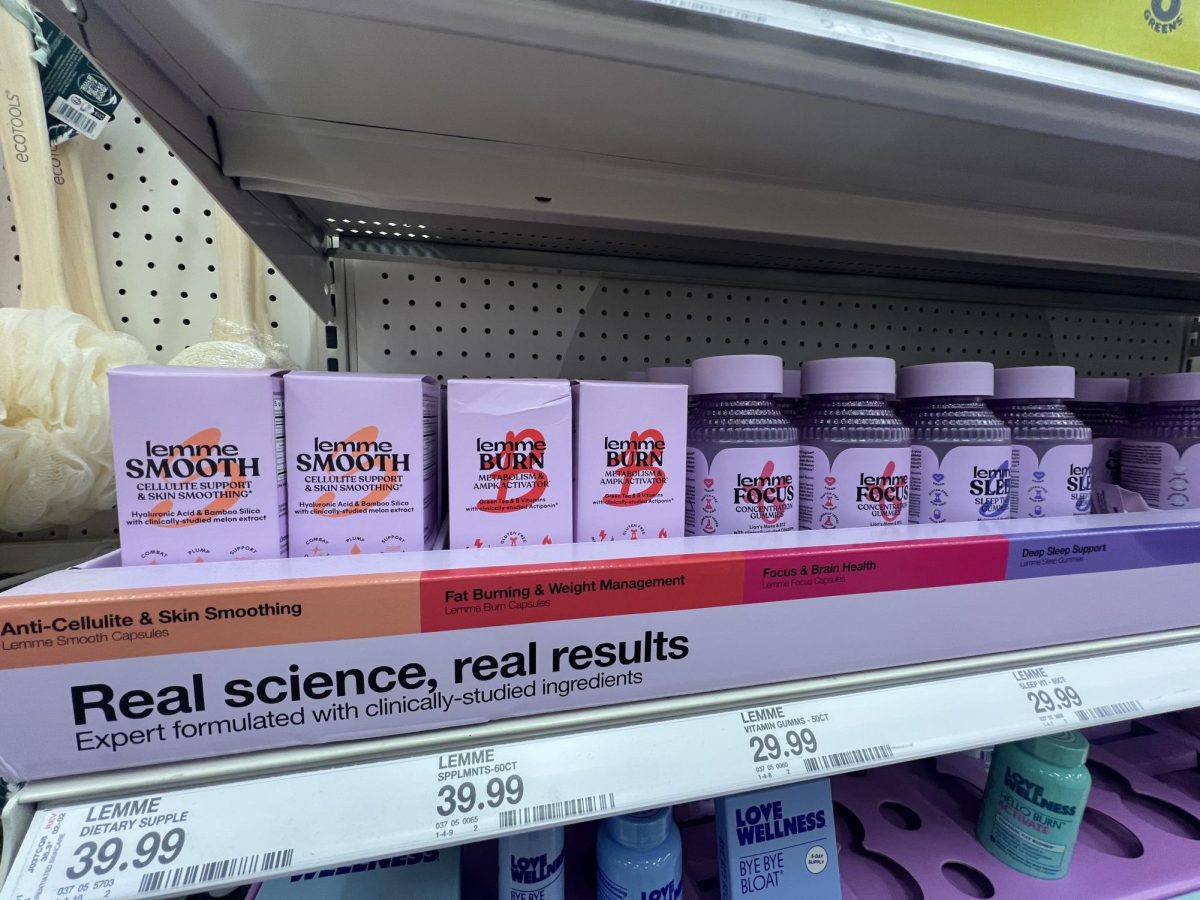In 2019, it can be hard to avoid the conversations about Earth’s changing climate and atmosphere. In reaction to the news, it is normal to start wondering about the things we can do to help, and sustainable shopping is a great start.
“I would define sustainability as not only being eco-friendly, but also long lasting,” Sydney Townsend, president of Sustainable Living at Kent, explains, “just producing less waste or being better about what you’re consuming.”
To be aware of the products that are being consumed, it is important to research local places with a similar goal. For example, Kent Natural Foods is a cooperative market in downtown Kent, Ohio. They provide products ranging from homemade soap to organic milk, but are focused mainly on organic and local foods. Organizations, such as Kent Natural Foods, that are genuinely committed to promoting sustainability will prioritize their mission of being environmentally friendly.
Shopping locally can have a huge impact on the environment, which can be an important start to living a more sustainable life. When products are made closer to the market where they are being sold, less fuel is wasted on distribution. These savings add up, and can help the environment tremendously.

(Photos by Rachel Feinstein)
“I mean we are spoiled, we’re Americans,” Barb Withee, member of Kent Natural Foods, says, “we want what we want so we’re used to strawberries in the winter, but they travel a long way.”
Another advantage of buying local products is knowing where the food you are consuming is from. From there, it is easy to find out if their products are produced in a sustainable way.
“I think there’s a safety in buying something locally,” Withee says, “If I eat a piece of something that was made out of a conglomerate vat where everything got dumped in the middle of the Midwest and shipped around, there’s no way to trace it. But somebody sells a bad product at the Farmer’s Market, they’re accountable.”
“I mean we are spoiled, we’re Americans. We want what we want so we’re used to strawberries in the winter, but they travel a long way.”
Kent Natural Foods also offers a wide variety of bulk items, which includes products such as oats, coffee and honey. Bulk items are not only better for the environment, but can be less expensive than pre-packaged products. They make sure to compare packaged and bulk prices so their consumers get the best possible price.
In addition to selling local products to help our environment, sustainable and biodegradable items are made available as well. They promote the idea of producing less waste by selling items such as reusable water bottles, bamboo toothbrushes and reusable beeswax sandwich wraps. By selling products that are designed to be reused, it decreases the amount of waste being exported by disposable versions of these products.
“I don’t usually shop from actual stores anymore, I will thrift mainly,” Townsend says, “but if I do go online shopping, I look into the company’s ethics before looking into the company further.” She also mentions that every company has to have an ethics page somewhere on their website, and if the brand is really sustainable, they usually have multiple articles on it.

(Photos by Rachel Feinstein)
Another way brands can promote their sustainable mission is by giving back to organizations that have similar goals. For example, Townsend mentions that the water bottle she owns was made from recyclable materials and the company donates some of their proceeds to help remove plastic from the oceans. Brands are now not only able to reduce the amount of waste they produce, but they are also able to give back to make up for another person’s waste.
“And we’re supporting people who turn around and shop here and support us. It is more of a collective feel.” Withee says, proving that there are more ways to give back.
“If I do go online shopping, I look into the company’s ethics before looking into the company further.”
In a world where our decisions can impact the future of our planet, it is important for brands to do their part. By producing and exporting their products in sustainable ways, they are allowing consumers to buy into an ethical cause.
“Shopping is voting,” Townsend says, “if you keep buying from unsustainable brands, you’re basically promoting for that brand to continue making that product that way. But if you are buying from a sustainable brand, then you are basically promoting that company to produce more than the other ones.”












